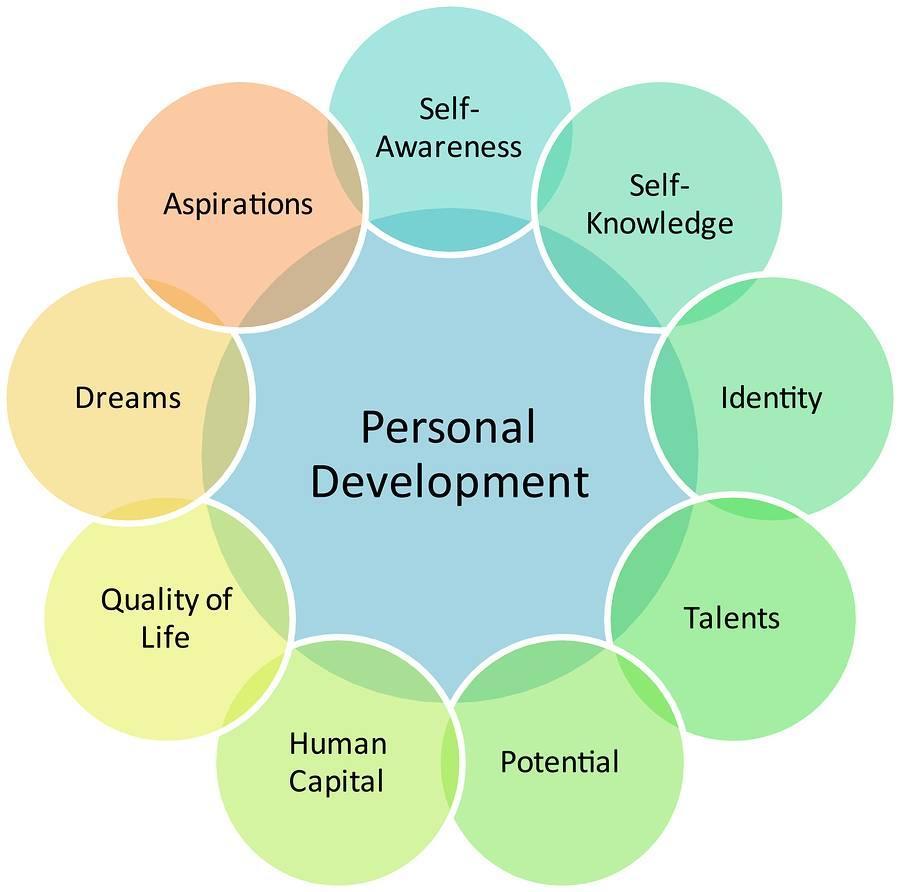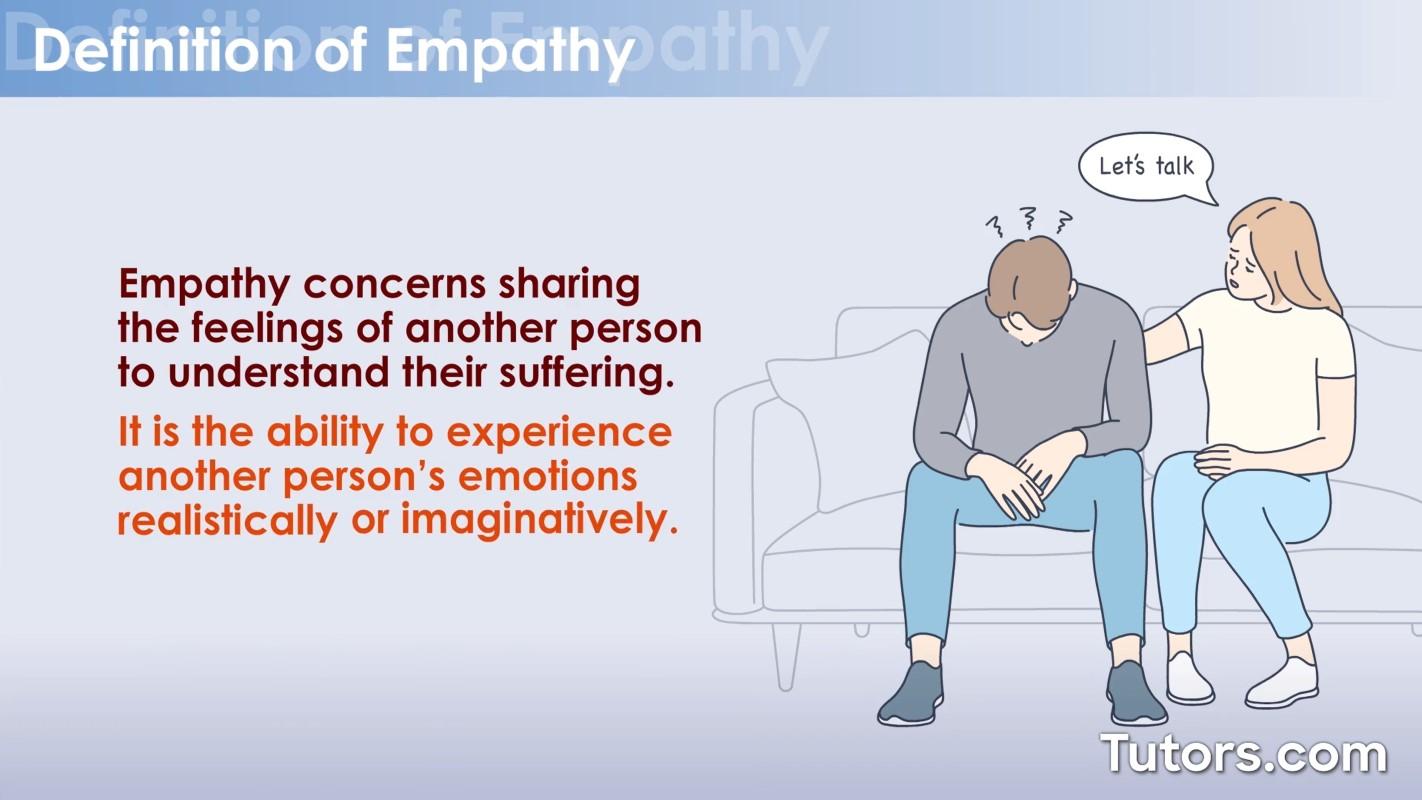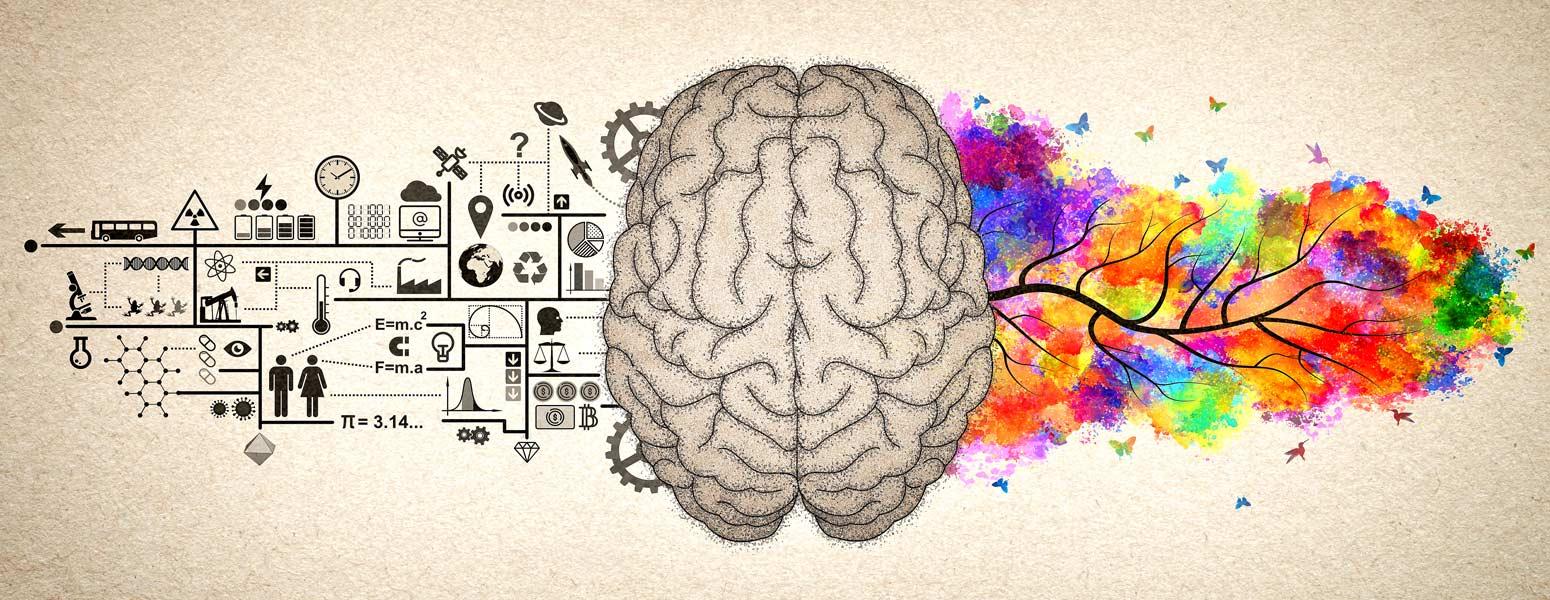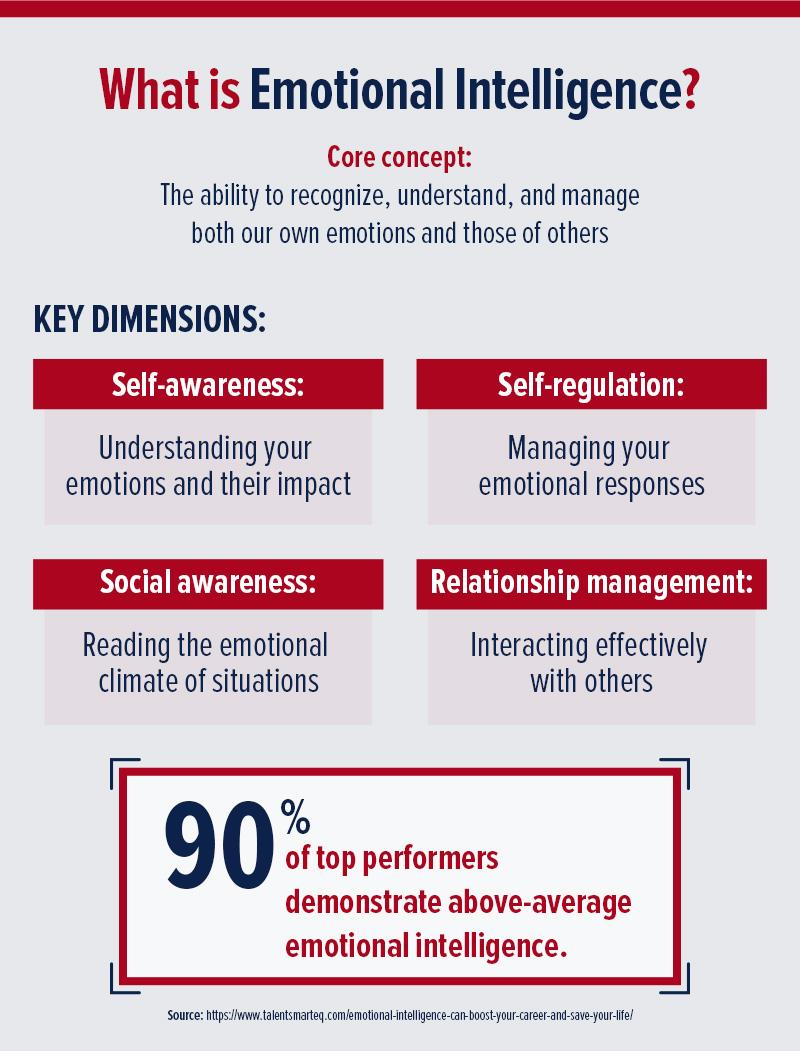In the intricate tapestry of human interactions, emotions serve as both threads and colors, weaving together the fabric of our everyday experiences. Yet, while many navigate life guided by instinct and reason, a quieter force operates beneath the surface: emotional intelligence. This powerful yet often underappreciated skill can transform mundane encounters into meaningful connections and foster deeper understanding in our relationships, workplaces, and communities. In a world that increasingly values technology and data, the mastery of emotional intelligence stands as a beacon illuminating the path to empathy, resilience, and personal growth. Join us as we explore the essential components of emotional intelligence, uncover its profound impact on our daily lives, and provide practical strategies to cultivate this invaluable skill, enabling you to unlock its full potential in both personal and professional arenas.
Embracing Self-Awareness for Personal Growth
Understanding oneself is the cornerstone of emotional intelligence, and it paves the way for substantial personal development. When an individual engages in self-reflection, they cultivate clarity about their emotions, thoughts, and actions. This newfound awareness helps to identify strengths, weaknesses, and triggers, allowing for a more authentic existence. By embracing self-awareness, one can also foster better relationships with others, as it encourages empathy and opens the door to constructive communication. This journey isn’t just about knowing oneself; it’s about enhancing the capacity to navigate life’s complexities with grace.
To embark on a path of profound self-exploration, consider these effective strategies:
- Journaling: Capture your thoughts and feelings regularly to reveal patterns and insights.
- Mindfulness: Engage in practices that ground you in the present moment, increasing your emotional sensitivity.
- Feedback: Seek constructive criticism from trusted friends or colleagues to gain an external perspective.
- Goal-Setting: Clearly define personal development goals, allowing for measurable growth over time.
Incorporating these techniques creates a robust framework for emotional intelligence that can transform daily interactions. The following table illustrates how different aspects of self-awareness contribute to various areas of personal growth:
| Aspect | Impact on Personal Growth |
|---|---|
| Emotional Regulation | Improves response to stress and enhances calm in challenging situations. |
| Self-Reflection | Fosters deep understanding of personal motivations and drives. |
| Empathy | Strengthens relationships and builds community through understanding others’ perspectives. |
| Vision Clarity | Helps in setting aligned personal and professional goals, leading to fulfillment. |

Cultivating Empathy to Enhance Relationships
Cultivating empathy is a transformative process that strengthens connections and fosters understanding in any relationship. By stepping into another person’s shoes, we not only enhance our emotional intelligence but also pave the way for more meaningful interactions. This journey can be marked by simple yet effective practices:
- Active Listening: Paying full attention to what others are saying, without formulating a response in your mind.
- Sharing Feelings: Openly expressing your emotions encourages others to do the same.
- Seeking Common Ground: Identifying shared experiences helps in bridging gaps and building rapport.
Moreover, empathy can be nurtured through reflective exercises that encourage deeper insight into oneself and others. Consider keeping a journal to document daily interactions and reflect on your responses. A practical tool is the following table to assess your empathetic responses:
| Situation | Your Response | Empathic Improvement |
|---|---|---|
| A friend is upset | Offered advice | Listen first, then offer support |
| Colleague is stressed | Changed subject | Acknowledge their feelings before discussing other matters |
| Family member shares news | Dismissed it | Ask questions to show interest and understanding |

Leveraging Emotional Regulation in Challenging Situations
In challenging situations, the ability to manage and regulate one’s emotions can significantly alter outcomes. By recognizing our emotional triggers and implementing strategies for regulation, we can navigate tumultuous interactions more effectively. Key practices include:
- Mindful Breathing: Taking deep breaths allows us to center our thoughts and regain composure.
- Reframing Thoughts: Shifting our perspective can diffuse negativity and create space for positive outcomes.
- Empathy Building: Understanding others’ viewpoints can soften emotional reactions and enhance collaboration.
In moments of heightened stress, utilizing emotional regulation techniques not only fosters personal well-being but also paves the way for healthier relationships. The following table illustrates how to assess common emotional responses and corresponding strategies:
| Emotional Response | Regulation Strategy |
|---|---|
| Frustration | Take a short break to cool down |
| Anxiety | Practice grounding techniques, like the 5-4-3-2-1 method |
| Anger | Express feelings through writing or art |
| Overwhelm | Prioritize tasks and break them into smaller steps |

Practical Strategies for Integrating Emotional Intelligence into Daily Interactions
Integrating emotional intelligence into daily interactions can significantly enhance both personal and professional relationships. To begin, it’s essential to practice active listening. When engaging in conversations, give your full attention to the speaker, allowing them to express their thoughts without interruptions. This simple act fosters a sense of respect and validates their feelings. Consider these techniques to cultivate active listening:
- Make eye contact to show you are engaged.
- Summarize their points to confirm understanding.
- Ask open-ended questions to delve deeper into their feelings.
Another crucial aspect is self-regulation. By managing your emotions, you can respond more thoughtfully during stressful situations. Creating a personal toolkit can aid in this process, featuring mindfulness practices, such as deep breathing or brief meditation, to help ground yourself in the moment. A helpful table outlining quick strategies for self-regulation could look like this:
| Strategy | Quick Tips |
|---|---|
| Deep Breathing | Inhale for 4 seconds, hold for 4, exhale for 4. |
| Mindfulness Meditation | Focus on your breath for 5-10 minutes daily. |
| Journaling | Write down your thoughts and emotions to process them. |
Future Outlook
As we conclude our exploration of emotional intelligence, it’s clear that this invaluable skill extends far beyond the realm of personal growth. By unlocking the power of emotional intelligence in our everyday lives, we not only enhance our relationships and decision-making but also cultivate a deeper understanding of ourselves and others. The journey towards emotional awareness is not the destination but a continual process—one that enriches our interactions, fosters empathy, and promotes resilience in the face of life’s challenges.
As you step away from this article, consider how each interaction presents an opportunity to practice and hone your emotional intelligence. Whether it’s through active listening in conversations, recognizing your own emotional triggers, or navigating the complexities of social dynamics, every moment is a chance to connect more authentically with those around you.
Ultimately, embracing emotional intelligence can transform the mundane into the meaningful, turning ordinary experiences into profound connections. So, go forth and harness the power of your emotions, and watch as the tapestry of your everyday life unfolds into a richer and more vibrant experience. The world is waiting for you to unlock its potential—one emotion at a time.



